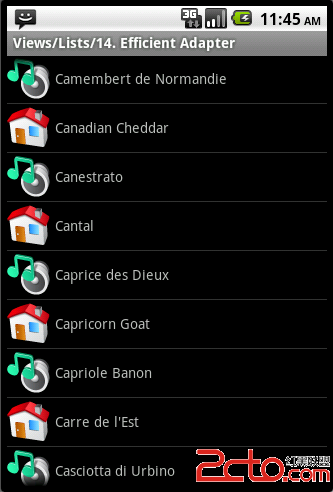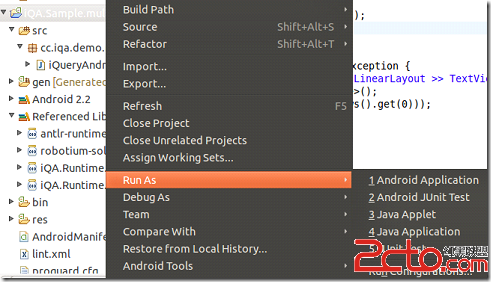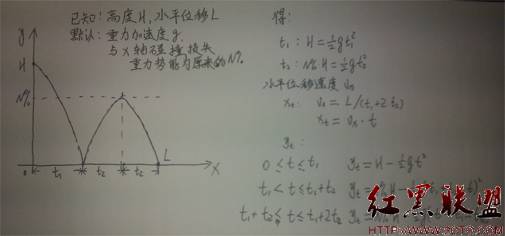Android关机流程解析
在PowerManager的API文档中,给出了一个关机/重启接口:
public void reboot (String reason)
对于这个接口的描述很简单,就是几句话。
接口的作用就是重启设备,而且,就算重启成功了也没有返回值。
需要包含REBOOT权限,也就是android.permission.REBOOT
唯一参数reason代表需要的特定重启模式,比如recovery,当然也可以为null。
--------------------------------上层空间--------------------------------
1.frameworks/base/core/java/android/os/PowerManager.java
[java]
* Reboot the device. Will not return if the reboot is
* successful. Requires the {@link android.Manifest.permission#REBOOT}
* permission.
*
* @param reason code to pass to the kernel (e.g., "recovery") to
* request special boot modes, or null.
*/
public void reboot(String reason)
{
try {
mService.reboot(reason);
} catch (RemoteException e) {
}
}
/**
* Reboot the device. Will not return if the reboot is
* successful. Requires the {@link android.Manifest.permission#REBOOT}
* permission.
*
* @param reason code to pass to the kernel (e.g., "recovery") to
* request special boot modes, or null.
*/
public void reboot(String reason)
{
try {
mService.reboot(reason);
} catch (RemoteException e) {
}
}
mService为IPowerManager Binder接口服务。
[java]
/**
* {@hide}
*/
public PowerManager(IPowerManager service, Handler handler)
{
mService = service;
mHandler = handler;
}
/**
* {@hide}
*/
public PowerManager(IPowerManager service, Handler handler)
{
mService = service;
mHandler = handler;
}
2.frameworks/base/core/java/android/os/IPowerManager.aidl
[java]
inte易做图ce IPowerManager
{
...
void reboot(String reason);
...
}
inte易做图ce IPowerManager
{
...
void reboot(String reason);
...
}
3.frameworks/base/services/java/com/android/server/PowerManagerService.java
[java]
/**
* Reboot the device immediately, passing 'reason' (may be null)
* to the underlying __reboot system call. Should not return.
*/
public void reboot(String reason)
{
mContext.enforceCallingOrSelfPermission(android.Manifest.permission.REBOOT, null);
if (mHandler == null || !ActivityManagerNative.isSystemReady()) {
throw new IllegalStateException("Too early to call reboot()");
}
final String finalReason = reason;
Runnable runnable = new Runnable() {
public void run() {
synchronized (this) {
ShutdownThread.reboot(getUiContext(), finalReason, false);
}
}
};
// ShutdownThread must run on a looper capable of displaying the UI.
mHandler.post(runnable);
// PowerManager.reboot() is documented not to return so just wait for the inevitable.
synchronized (runnable) {
while (true) {
try {
runnable.wait();
} catch (InterruptedException e) {
}
}
}
}
/**
* Reboot the device immediately, passing 'reason' (may be null)
* to the underlying __reboot system call. Should not return.
*/
public void reboot(String reason)
{
mContext.enforceCallingOrSelfPermission(android.Manifest.permission.REBOOT, null);
if (mHandler == null || !ActivityManagerNative.isSystemReady()) {
throw new IllegalStateException("Too early to call reboot()");
}
final String finalReason = reason;
Runnable runnable = new Runnable() {
public void run() {
synchronized (this) {
ShutdownThread.reboot(getUiContext(), finalReason, false);
}
}
};
// ShutdownThread must run on a looper capable of displaying the UI.
mHandler.post(runnable);
// PowerManager.reboot() is documented not to return so just wait for the inevitable.
synchronized (runnable) {
&
补充:移动开发 , Android ,




